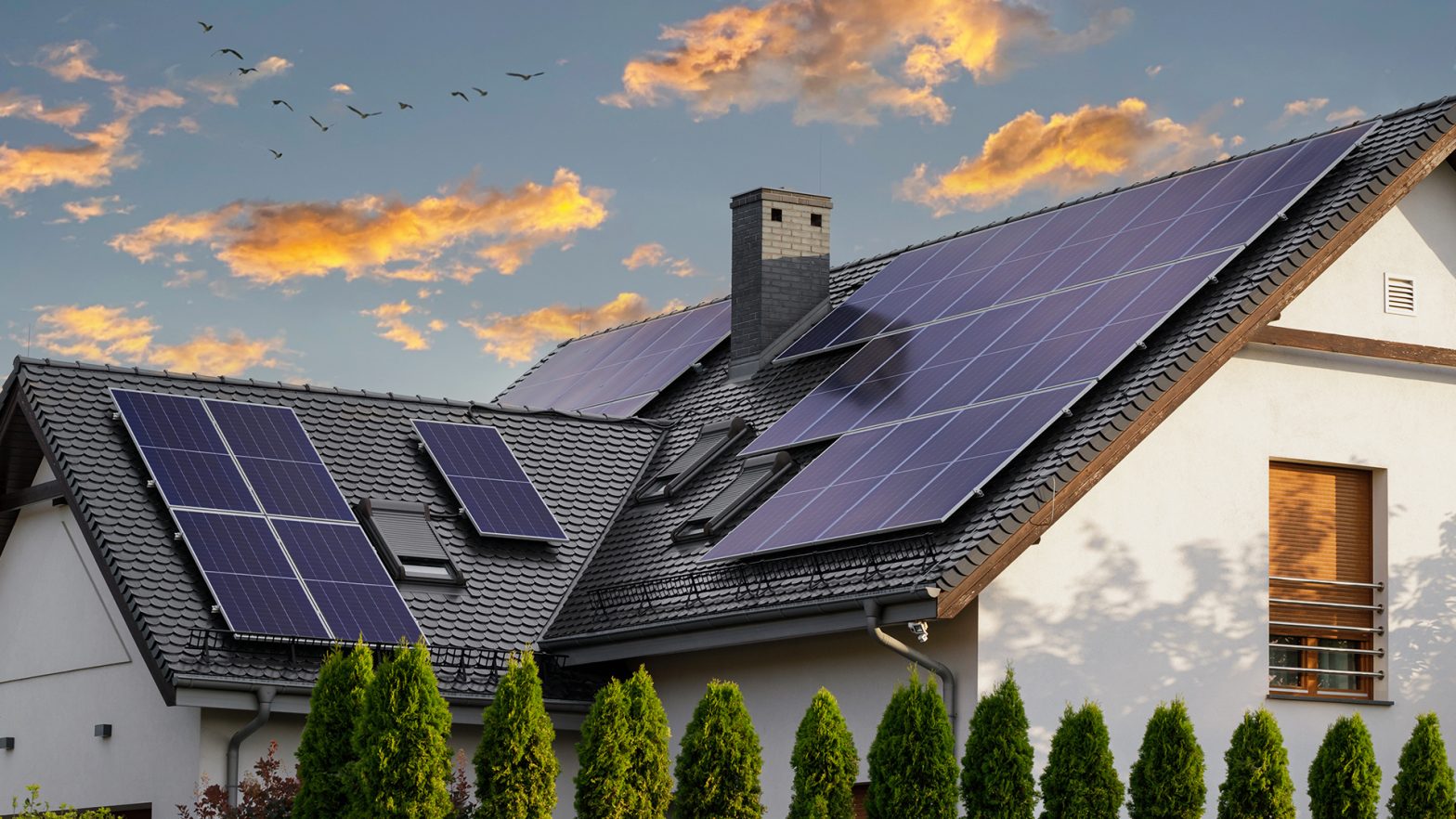When it comes to solar energy’s benefits and disadvantages, we’ve heard all the clichés: that it’s too expensive or it won’t work in a few years. Yet solar energy systems are the biggest hit at the moment. As a homeowner, you probably think about the pros and cons of solar energy, and we’re here to answer all the main questions.
Is Solar Energy worth it?
Solar energy is worth it if you’re looking for a way to save money on your monthly electric bill. Although upfront installation costs a little, the benefits always outweigh the disadvantages in the long run. Not only will solar power lower your electricity bills, but it will also help you impact the environment.
Pros
The sun is a powerful energy source, and if we get a small fraction of its power, we can make a difference on our planet. Solar energy has proven to be highly beneficial in many ways. Here are the most important ones:
Reduces Your Electric Bill
The first and most important benefit of installing solar panels is that they save considerable money on your electric bill. Most states require utilities to provide net metering, which lets you sell excess energy to the utility.
Adding solar panels to your property can save over $1,000 per year. For example, residents of California save an average of $99,181 per year thanks to their solar system.
Protection against Rising Electricity Costs
The prices are increasing every day and electricity is no exception. That said, the price of electricity has increased over the past ten years, with an average yearly increase of $.2. But solar energy will protect you from these rising costs because you’re producing your own energy.
Solar Energy is Cheaper than Ever
Although electricity prices are steadily increasing, the cost of solar is at its peak. In fact, over the past decade, the cost of residential solar panels has fallen more than 70%, which means they’re becoming more accessible than ever before.
Solar energy can be even cheaper if you take advantage of solar incentives. For example, if you opt for a solar system before 2022 ends, you can be eligible for the 26% federal tax credit. This tax credit is then added to your income taxes and is equal to 26% of the total cost of your solar energy.
Eco-Friendly
Perhaps the most significant selling point for solar energy is its environmentally friendly energy source. Essentially, you’re using the sunlight and turning it into electricity, but you’re not consuming the sun’s energy.
Solar panels don’t produce greenhouse gas emissions, so you’re producing electricity, but nothing is being released into the atmosphere.
A Source of Extra Income
While it’s true that solar panels come with a low electric bill, they can also be used to earn you hundreds of dollars per year. Net metering allows you to sell excess power and make money. Also, some states have Solar Renewable Energy Credits (SRECs), which provide extra money, depending on where you live.
Cons
Luckily, the cons of solar energy are few. Of course, everything has its drawbacks, but solar energy? Not that much! Here are the main cons that you should expect with installing solar panels:
High Upfront Costs
One of the biggest cons of solar panel systems is the high upfront costs. The average price of solar in the U.S is around $3.00 per watt, but it varies by state. However, there are solar financing options that you can take to save some money.
Intermittent Source of Energy
If you didn’t already know, the solar energy is intermittent and here’s why:
There’s no sunlight at night
The intensity of the sun differs based on the time of year, the time of day, and the location
Snow and cloud cover can impact the amount of energy that solar panels produce
Thankfully, this drawback is changing with the introduction of cost-effective battery solutions which allow you to retain your solar power and draw energy from the battery. The most popular solar battery is Tesla Powerwall, a 13.5 kWh lithium-ion battery.

































